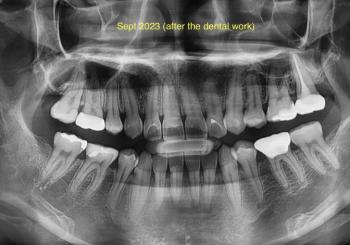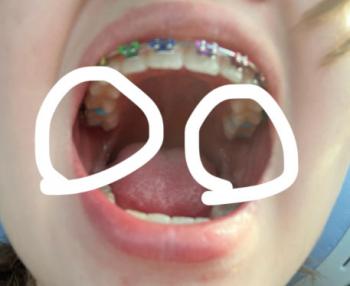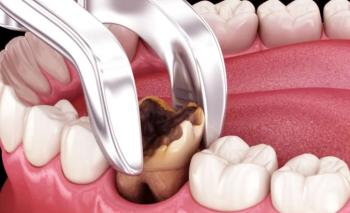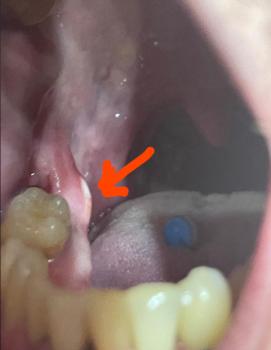Your Smile, Perfected with Precision.
When Gum Disease Reaches the Brain: How Oral Health May Hold the Key to Preventing Alzheimer’s
Language :
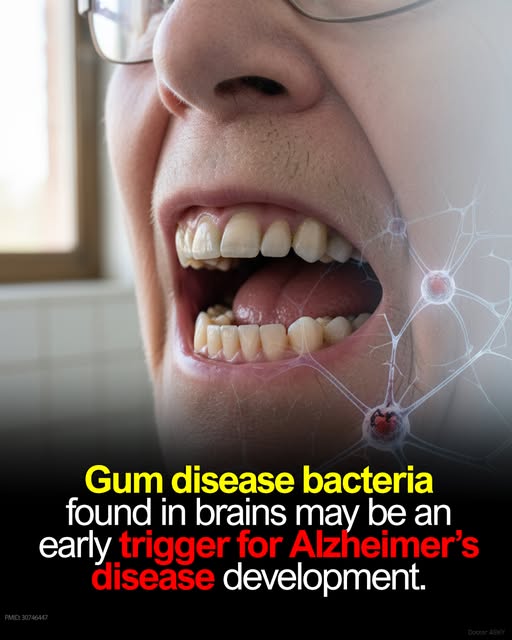
Topics:
The Surprising Mouth–Brain Connection
For decades, Alzheimer’s disease has been considered purely a brain disorder — a tragic decline of memory and cognition caused by mysterious changes deep in the mind. But recent research is painting a new and startling picture: the story might actually start in your mouth.
Scientists have discovered that the same bacteria responsible for chronic gum disease, Porphyromonas gingivalis, may travel from the mouth to the brain. Once there, it can set off harmful changes that resemble — and may even cause — Alzheimer’s disease.
The Science Behind the Link
In studies of people who passed away with Alzheimer’s, researchers found not only P. gingivalis in their brains, but also toxic enzymes called gingipains. These enzymes were located right next to the tau tangles and amyloid plaques — the telltale hallmarks of the disease.
What’s more alarming is that gingipains have also been found in people who never had dementia, but whose brains showed early signs of Alzheimer’s changes. This suggests that gum infection might be an early trigger — not just a late complication of aging or poor dental hygiene.
Animal studies confirm this chain reaction: when mice were infected orally, the bacteria reached their brains and caused an increase in amyloid beta, the sticky protein that clogs neurons and damages brain function.
From the Mouth to Memory Loss: Why This Matters
This discovery shifts how we view oral health. Your mouth isn’t separate from your body — it’s the gateway to overall health. Every time you ignore bleeding gums, persistent bad breath, or plaque buildup, you may be allowing harmful bacteria to quietly invade deeper into your system.
Researchers are now developing experimental drugs that block the damage caused by gingipains. In animal models, these drugs have shown promise — reducing both infection and brain inflammation. While human trials are still underway, this breakthrough opens exciting possibilities for new Alzheimer’s treatments that begin with dental care.
Protecting Your Smile — and Your Mind
Good oral hygiene is no longer just about preventing cavities or keeping your smile bright. It could be a vital part of protecting your brain.
Here’s how you can lower your risk:
-
Brush twice a day and floss daily.
-
Visit your dentist regularly for cleaning and gum checks.
-
Don’t ignore gum bleeding, bad breath, or loose teeth.
-
Eat a balanced diet rich in antioxidants and limit sugar.
-
Avoid smoking — it doubles your risk for gum disease.
Expert Insight
At our dental clinic, we’ve seen firsthand how gum inflammation can affect the entire body. Early detection and proper oral care can make a world of difference — not just for your teeth, but for your long-term health and memory.
Healthy gums may mean a healthier brain.
Taking care of your mouth today could protect your mind tomorrow.
Sources:
-
Dominy, S.S. et al. (2019). Science Advances.
-
Cortexyme Inc. Alzheimer’s disease research.
-
Alzheimer’s Association findings on oral–brain connection.



